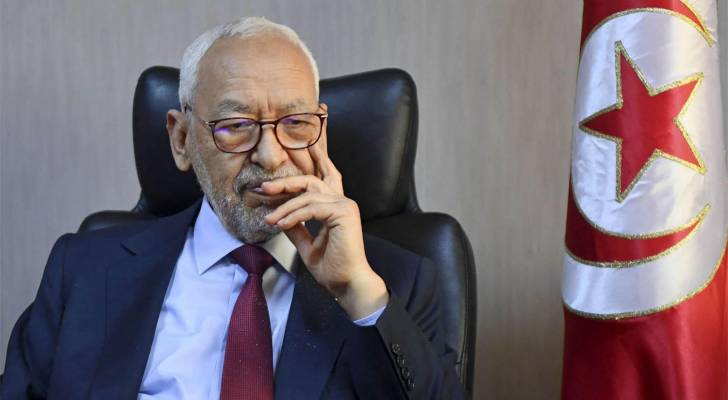Rached Ghannouchi, head of the Islamist Ennahda party
Tunisian opposition leader Rached Ghannouchi sentenced to 14 years in prison
Tunisian opposition leader Rached Ghannouchi was sentenced to 14 years in prison on Tuesday.
Ghannouchi, the 84-year-old head of the Ennahda party and a prominent figure in Tunisian politics for decades, was convicted along with 17 other political figures on charges of “conspiring against state security.”
The court ruling adds to an already lengthy list of convictions for Ghannouchi, who has been behind bars since 2023. In recent months, he has received multiple sentences totaling more than 20 years, including convictions related to alleged money laundering.
His defense team has rejected the latest charges, insisting the trial was politically motivated and failed to meet fair trial standards. Ghannouchi himself refused to attend the sentencing remotely, continuing to challenge the legitimacy of the proceedings.
Founded by Ghannouchi in the 1980s, the moderate Islamist Ennahda party has been a central player in post-revolution Tunisian politics. Ghannouchi served as speaker of parliament until 2021, when President Kais Saied suspended the legislature and began ruling by decree, an act widely viewed as a turning point for the country’s democratic experiment.
Tuesday’s ruling also extended to Ghannouchi’s children, Mouadh and Tasnim, who were sentenced in absentia to 35 years each. Both had previously left the country. Other high-profile figures sentenced in absentia include former Foreign Minister Rafik Abdessalem Bouchlaka and former intelligence chief Kamel Guizani.
Rights groups have repeatedly condemned Tunisia’s increasing crackdown on dissent. Since President Saied’s power grab in 2021, dozens of opposition leaders, lawyers, journalists, and activists have been imprisoned or investigated, with critics accusing the president of dismantling the democratic gains of the 2011 revolution.
Saied, for his part, has defended his actions as necessary steps to restore order and eliminate corruption, rejecting accusations of authoritarianism.




